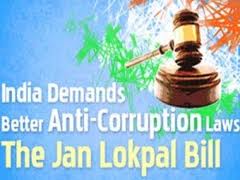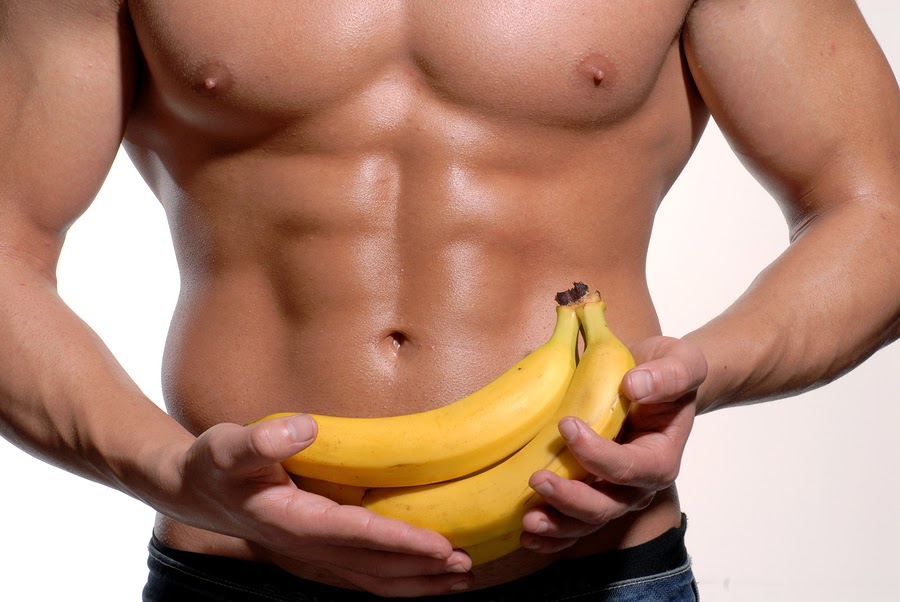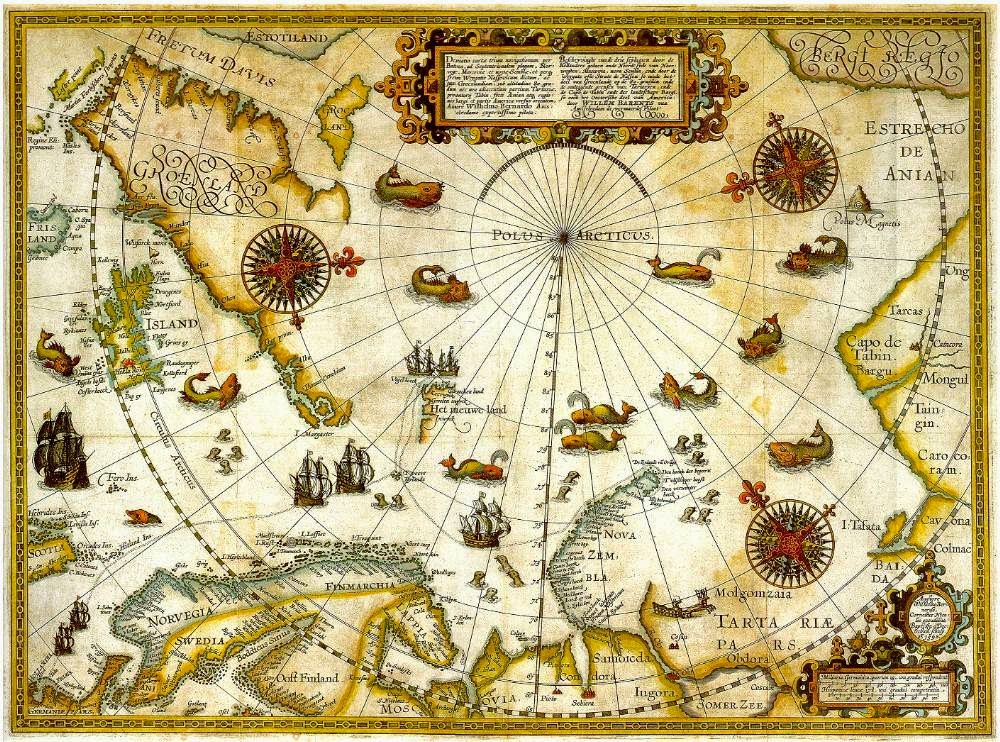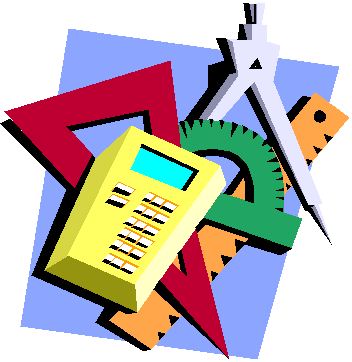
* First India bank Got ISO : Canara Bank
* First Governor of RBI : Mr. Osborne Smith
* First Indian governor of RBI : Mr. C D Deshmukh
* First Bank to Introduce ATM in India : HSBC
* First Bank to introduce savings : Presidency bank in 1833
* First Bank to Introduce Cheque system : Bengal Bank 1784
* First Bank to introduce Internet Banking : ICICI BANK
* First Bank to introduce Mutual Fund : State Bank of India
* First Bank to introduce Credit Card : Central Bank of India
* First Foreign Bank in India : Comptoire d’Escompte de Paris of France in 1860
* First Joint Stock Bank of India : Allahabad Bank
* First Bank that is oldest Public Bank in India :Allahabad Bank
* First Indian bank to open branch outside India in London in 1946 : Bank of India
* First Indian Bank started with Indian capital / indigenous Bank of India : Punjab National Bank
* First Regional Rural Bank name Prathama Grameen Bank – Was started by : Syndicate Bank
* First Bank to launch branch in foreign was “Bank of India” in 1946 in London UK.
* First bank to Introduce Credit card in India was Central Bank of India With “Central Card” 1980.
* First Bank to introduce Debit Card in India was Citi Bank In Bangalore in 1987
=========================================





